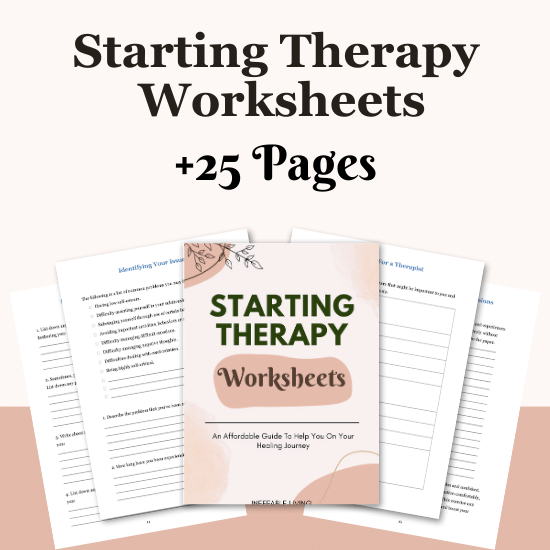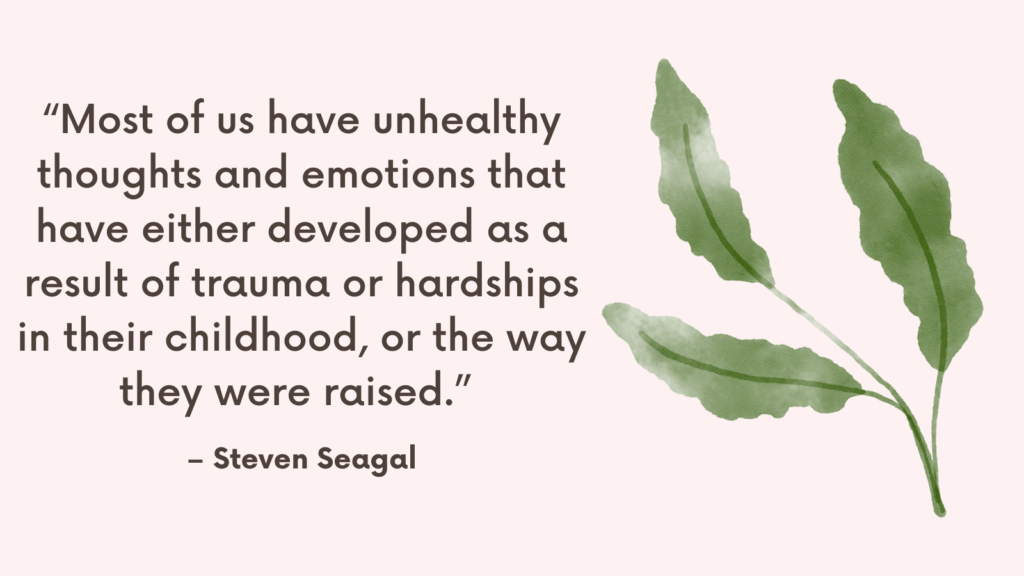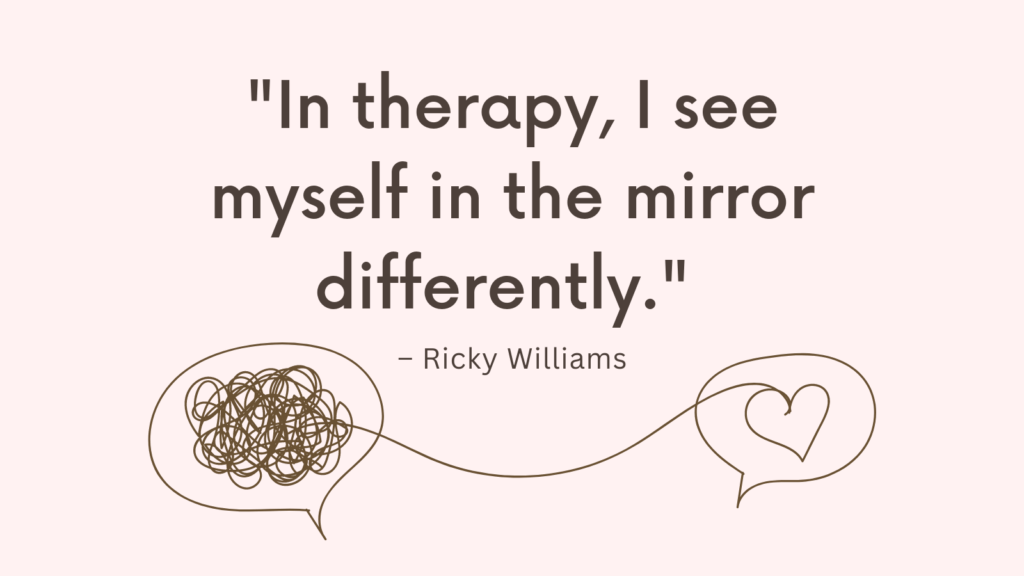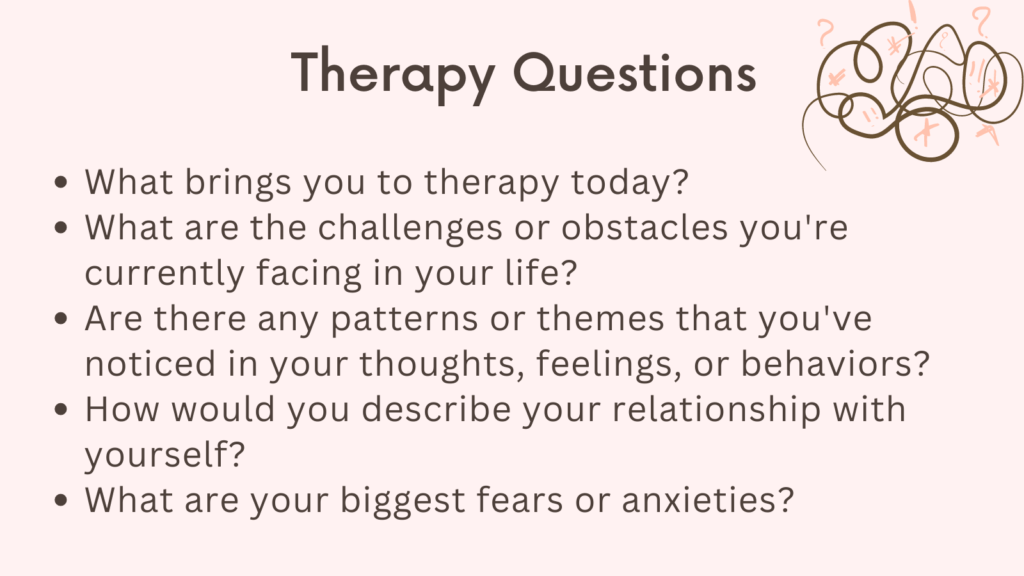Therapy is powerful — but when you only have 60 minutes a week, it can feel like it flies by. You may leave wishing you had more time to unpack everything or worried you didn’t use the session well. The good news? You don’t need more hours — just more intention. Here’s how to make that one hour count.
Why One Hour Can Feel Too Short
When you’re dealing with deep emotional pain, life transitions, or long-term patterns, a single weekly hour can feel like a drop in the ocean. This frustration often comes from:
- Expecting rapid results for complex emotional wounds
- Feeling like you’re just “getting into it” when the session ends
- Having a therapist-led session structure that doesn’t prioritize your current needs
- Struggling to process or reflect between sessions
- Wanting more support but not having time, access, or resources for more therapy
One hour can be powerful—but only if it’s used intentionally.
Signs You’re Not Maximizing the Hour
You might feel like therapy isn’t working when what’s really happening is underutilization. Some clues:
- You start sessions unsure of what to talk about
- You spend a lot of time catching up on surface-level events
- You feel rushed or scattered at the end of each session
- You forget what you discussed or planned to focus on
- You wait until the next session to process emotional fallout
These aren’t failures—they’re signals that you need more structure and clarity.
Related: How to Manage Therapy Hangovers?
How to Make the Most of Just 1 Hour of Therapy a Week
1. Set a Small, Clear Intention Before You Go
Ask yourself: What do I want to get out of today’s session? It can be as simple as “talk about my anxiety at work” or “understand why I felt triggered.” This gives the hour direction without pressure.
2. Jot Down Notes During the Week
Keep a running list in your phone or notebook of thoughts, moments, or emotions that come up between sessions. That way, you’re not scrambling to remember what mattered most when you sit down.
3. Don’t Wait for the “Right Time” to Bring Something Up
If it feels important or heavy, say it early — even if it feels awkward. The sooner you bring it in, the more time you’ll have to work through it with your therapist.
4. Let Silence Work With You, Not Against You
It’s okay to pause. Silence in therapy can feel uncomfortable, but it’s often where insights form. Don’t rush to fill the space — breathe into it and see what rises.
5. Ask for What You Need
Want more tools? More feedback? More space to vent? Tell your therapist. Therapy is collaborative — naming your needs helps shape the hour to fit you.
Related: What To Talk To Therapist About: Top 35 Topics
6. Circle Back to What Matters
If something was left unfinished in a previous session, revisit it. Therapy doesn’t need to cover everything every week. Depth matters more than quantity.
7. Stay Honest — Even If It Feels Messy
If you feel stuck, confused, embarrassed, or disconnected during the session, say so. Naming those feelings in the moment often leads to breakthroughs that otherwise stay buried.
8. Use the Last Few Minutes to Ground
Ask yourself: What am I taking away from this session? A word, a feeling, a realization. Leaving with one clear takeaway helps the insight carry into your daily life.
Related: 8 Things to Avoid Telling Your Therapist
9. Do Some Gentle Processing After
Take a few minutes post-session to journal, walk, or sit quietly. This helps integrate what you discussed so it doesn’t just dissolve when life gets busy again.

Conclusion
One hour a week may not feel like much — but when approached with intention and presence, it can become a life-changing space. You don’t need more time. You just need to use the time with honesty, curiosity, and care.



